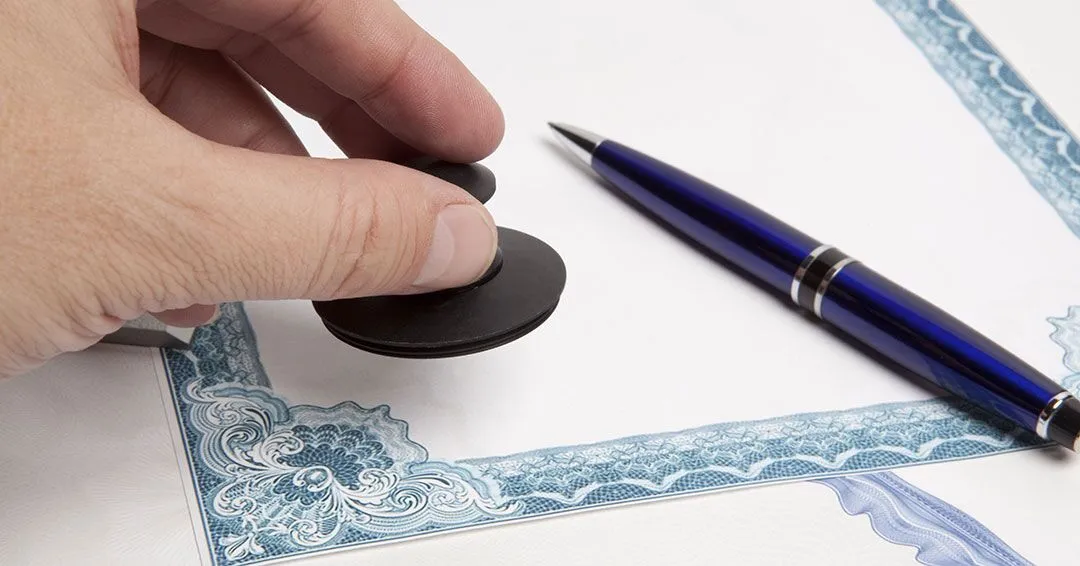Translation & Legalization in Thailand. In Thailand, translation and legalization services play a crucial role for foreigners dealing with legal, business, or personal matters. Accurate translation and proper legalization ensure that documents are recognized and accepted by Thai authorities and international institutions. This article outlines the importance, processes, and practical tips for navigating translation and legalization services in Thailand.
Importance of Translation and Legalization
- Legal Compliance:
- Documents such as birth certificates, marriage certificates, academic transcripts, and business contracts need to be accurately translated and legalized to comply with Thai laws.
- Business Operations:
- Foreign companies setting up operations in Thailand must have their documents translated and legalized to ensure smooth business transactions and adherence to local regulations.
- Personal Affairs:
- For individuals, having personal documents translated and legalized is essential for matters like immigration, property purchase, and marital status recognition.
Translation Services
- Certified Translators:
- It is important to use certified translators who are accredited by the Thai Ministry of Foreign Affairs or other relevant authorities to ensure accuracy and legitimacy.
- Commonly Translated Documents:
- Common documents that require translation include passports, legal contracts, academic certificates, medical records, and financial statements.
- Quality Assurance:
- Ensure the translation service provides proof of accuracy and has a system for quality assurance to avoid errors that could lead to legal complications.
Legalization Services
- Apostille Certification:
- For documents originating from countries that are part of the Hague Apostille Convention, an apostille certification simplifies the legalization process.
- Ministry of Foreign Affairs (MFA) Legalization:
- For non-apostille countries, documents must be legalized by the Ministry of Foreign Affairs in Thailand. This involves verifying the authenticity of the document and the credibility of the translation.
- Embassy or Consulate Legalization:
- Some documents may also need to be legalized by the respective foreign embassy or consulate in Thailand.
Process of Translation and Legalization
- Document Preparation:
- Gather all original documents that need to be translated and legalized. Ensure they are in their most recent and official form.
- Translation:
- Submit the documents to a certified translation service. Ensure the translation is accurate and complete.
- Submission to MFA:
- After translation, submit the documents to the Ministry of Foreign Affairs for legalization. This typically involves a fee and a waiting period for processing.
- Embassy Legalization:
- If required, take the legalized documents to the relevant embassy or consulate for further legalization.
- Final Steps:
- Once all steps are completed, the documents are ready for use in legal and official matters in Thailand.
Practical Tips
- Choose Reputable Services:
- Opt for reputable and experienced translation and legalization services to ensure accuracy and reliability.
- Understand Requirements:
- Be clear about the specific requirements of the Thai authorities and any international institutions involved to avoid delays and rejections.
- Plan Ahead:
- The legalization process can be time-consuming, so plan ahead and allow sufficient time for each step to avoid any disruptions in your personal or business affairs.
Conclusion
Translation and legalization services are vital for ensuring that foreign documents are recognized and valid in Thailand. By understanding the importance, processes, and practical tips, individuals and businesses can navigate these services effectively. Accurate translation and proper legalization facilitate compliance with Thai regulations and ensure smooth transactions and legal proceedings, whether for personal matters, business operations, or international dealings.


